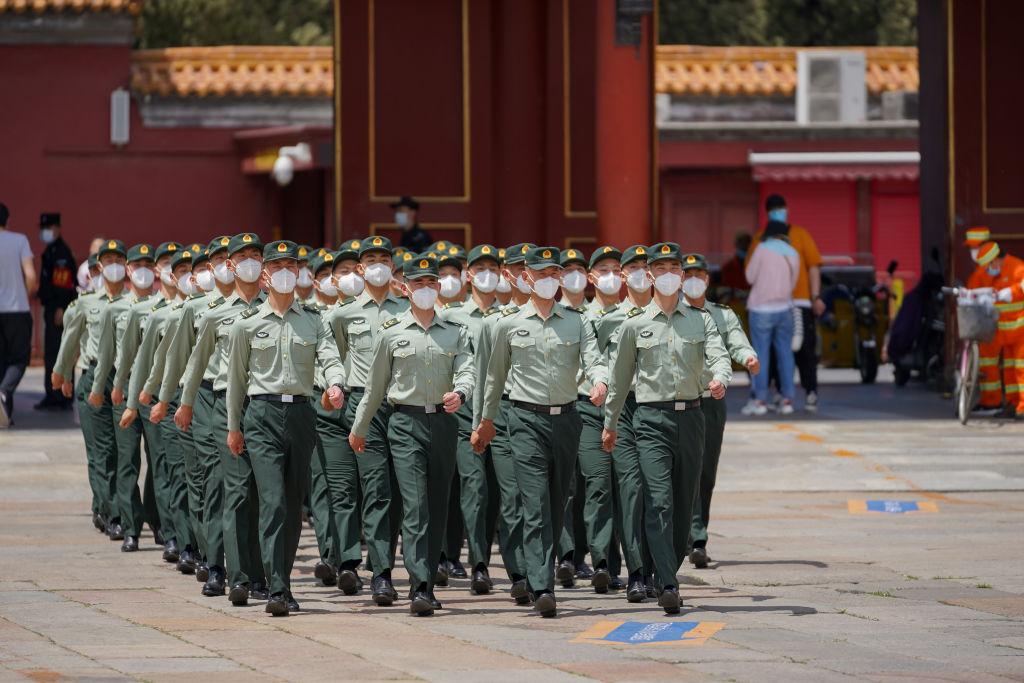An alleged Chinese researcher who hid his military background was arrested at the Los Angeles International Airport (LAX) on June 7 before he could board a plane back to China.
Wang Xin, who is actually an officer with China’s military, the People’s Liberation Army (PLA), was charged with visa fraud after his arrest on Sunday, according to a June 11 press release from the Department of Justice.





